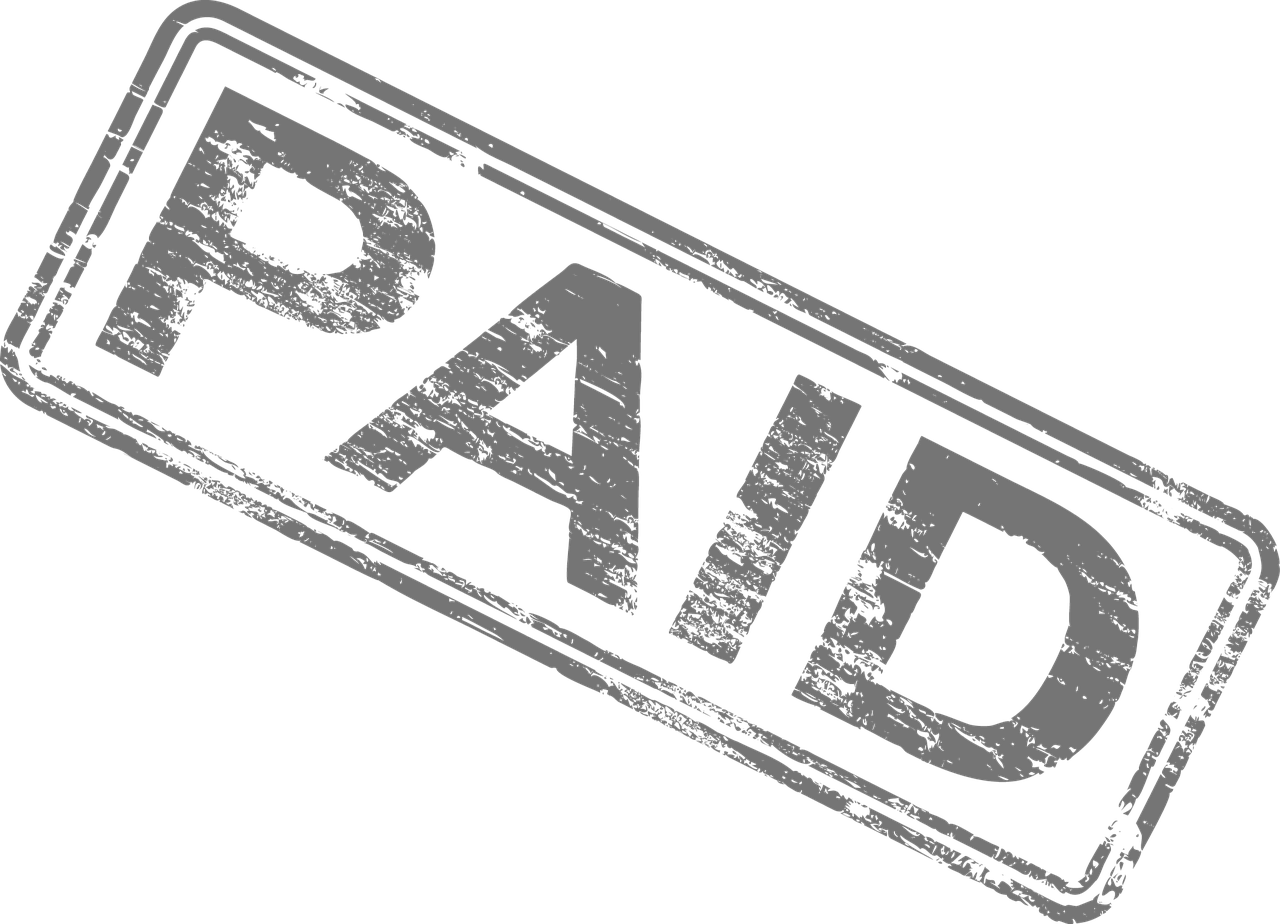Payment chain
In the construction industry, payment can be the source of a great deal of controversy. Not only are the sums involved very large, and the duration of projects very long, but the total amount payable tends to change over time. In addition, contractors, subcontractors and suppliers face considerable risk when pricing construction projects, and optimistic pricing or late payments can quickly cause cash flow problems.
As a result, payments are often the source of disputes which can ultimately lead to a breakdown in relationships and even project or business failure.
The supply chain is the interconnected hierarchy of supply contracts necessary to procure a built asset. On large or complex projects, responsibility and performance generally cascades down the supply chain to a plethora of suppliers sometimes unknown to management at the top of the chain.
The payment chain refers to the accounting practices adopted during these long-term and sometimes difficult construction projects to allow payments to filter down through the chain of contracts.
This extended chain can cause cash flow problems as one supplier may struggle to pay the next supplier in the chain until they themselves have been paid. In the past this resulted in 'pay when paid' provisions, that meant those at the bottom of the chain could wait many months before being paid for works they had undertaken.
However, the Housing Grants, Construction and Regeneration Act 1996 included provisions to ensure that payments are made regularly and promptly throughout the supply chain. This includes disallowing pay when paid clauses.
In addition, 'pay when certified' clauses are no longer allowed, and the release of retention cannot be prevented by conditions within another contract. So for example work contractors on a management contract project must have half of their retention released when their part of the works reach practical completion, not when the project as a whole reaches practical completion.
Suppliers have the right to suspend work for non-payment or to suspend part of the works and to claim costs and expenses incurred and extension of time resulting from the suspension.
See also: Down payment chain.
[edit] Related articles on Designing Buildings Wiki
Featured articles and news
UKCW London to tackle sector’s most pressing issues
AI and skills development, ecology and the environment, policy and planning and more.
Managing building safety risks
Across an existing residential portfolio; a client's perspective.
ECA support for Gate Safe’s Safe School Gates Campaign.
Core construction skills explained
Preparing for a career in construction.
Retrofitting for resilience with the Leicester Resilience Hub
Community-serving facilities, enhanced as support and essential services for climate-related disruptions.
Some of the articles relating to water, here to browse. Any missing?
Recognisable Gothic characters, designed to dramatically spout water away from buildings.
A case study and a warning to would-be developers
Creating four dwellings... after half a century of doing this job, why, oh why, is it so difficult?
Reform of the fire engineering profession
Fire Engineers Advisory Panel: Authoritative Statement, reactions and next steps.
Restoration and renewal of the Palace of Westminster
A complex project of cultural significance from full decant to EMI, opportunities and a potential a way forward.
Apprenticeships and the responsibility we share
Perspectives from the CIOB President as National Apprentice Week comes to a close.
The first line of defence against rain, wind and snow.
Building Safety recap January, 2026
What we missed at the end of last year, and at the start of this...
National Apprenticeship Week 2026, 9-15 Feb
Shining a light on the positive impacts for businesses, their apprentices and the wider economy alike.
Applications and benefits of acoustic flooring
From commercial to retail.
From solid to sprung and ribbed to raised.
Strengthening industry collaboration in Hong Kong
Hong Kong Institute of Construction and The Chartered Institute of Building sign Memorandum of Understanding.
A detailed description from the experts at Cornish Lime.
























